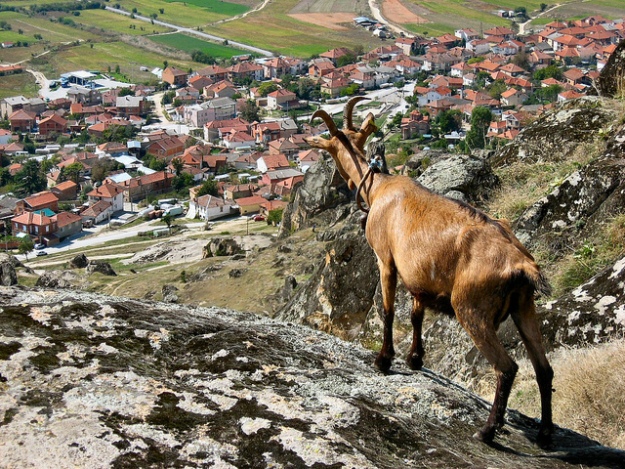
Overlooking the content farms of Macedonia. Photo (cc) 2010 by Pero Kvrzica.
On Friday, my students and I were talking about fake news on Facebook and what to do about it. Our focus was on for-profit content farms like the ones run by those teenagers in Macedonia, who made money by promoting such fictions as Pope Francis’s endorsement of Donald Trump (he also endorsed Hillary Clinton, don’t you know) and Clinton’s pending indictment over those damn emails.
Facebook and Google had already announced they would ban such fake news sources from their advertising programs, starving them of the revenue that is their sole motivation. And we agreed that there were other steps Facebook could take as well—tweaking the algorithm to make it less likely that such crap would appear in your newsfeed, or labeling fake sources for what they are.
But then one of my students asked: What should Facebook do about Breitbart? And here is the dilemma in dealing with fake news: not all fake news is created equal. Some of it is produced in sweatshops by people who couldn’t care less about what they’re doing as long as they can get clicks and make money. And some of it is produced by ideologically motivated activists who are engaging in constitutionally protected political speech. Facebook is not the government, so it can do what it likes. But it is our leading online source for news and community, and thus its executives should tread very lightly when stepping into anything that looks like censorship.
Read the rest at WGBH News. And talk about this post on Facebook.
Discover more from Media Nation
Subscribe to get the latest posts to your email.
